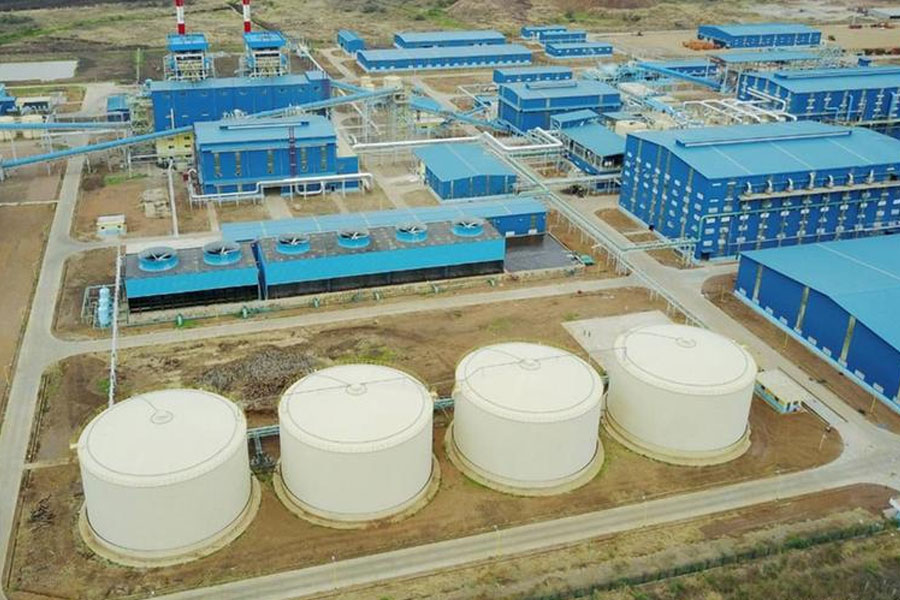
Fortune News | Feb 18,2023
Mike Pompeo, secretary of state of the United States, was casual, affable and positive discussing Africa’s prospects in his meeting with Vera Songwe (PhD), executive secretary of the UN Economic Commission for Africa (ECA), on February 19, 2020. Capping a three-nation visit to Africa, including Senegal, Angola and Ethiopia, Pompeo hailed private sector investments that will ensure further economic development and warned against “authoritarian regimes with empty promises” in a speech he gave at the ECA headquarters.
In a visit largely seen as part of the United States’ effort to counterbalance China's economic influence in Africa, whose combined trade with the continent’s countries tops 200 billion dollars, around five times as high compared with the North American country, the former Central Intelligence Agency (CIA) chief insisted that economic liberalisation is the way forward for Africa. “Socialist schemes haven’t economically liberated this continent’s poorest people,” he said, adding that Asian Tigers developed at the speed that they did because they liberalised their trade policies.
This position runs contrary to the continent's history with trade liberalisation. In the 1980s and 1990s, African countries followed the advice of international financial institutions, opened their borders to trade, and were rewarded with negative short- and medium-term outcomes. Average gross domestic product (GDP) of sub -Saharan Africa fell within two dacades from over four percent to just above one percent by the early ‘90s. Ethiopia was one of the few to resist wide-ranging economic liberalisation.
In the United States’ big push to strengthen its economic relationship with Africa along the lines of free-market capitalism, the US Development Finance Corporation (DFC) was recently established by President Donald Trump’s administration. The Department is aimed at mobilising private capital to invest in projects in emerging markets. There is also Prosper Africa, an initiative to expand private sector activity between the United States and Africa by making trade and investment support services of the former more accessible. “True economic liberation delivered the greatest economic growth in human history in the United States of America. It can do the same for you,” he said before he finished his speech for a question and answer session with Songwe, which was closed to the audience that included bank and government officials, business owners, media and highschool students.
PUBLISHED ON
Feb 22,2020 [ VOL
20 , NO
1034]

Fortune News | Feb 18,2023

My Opinion | Jun 01,2024
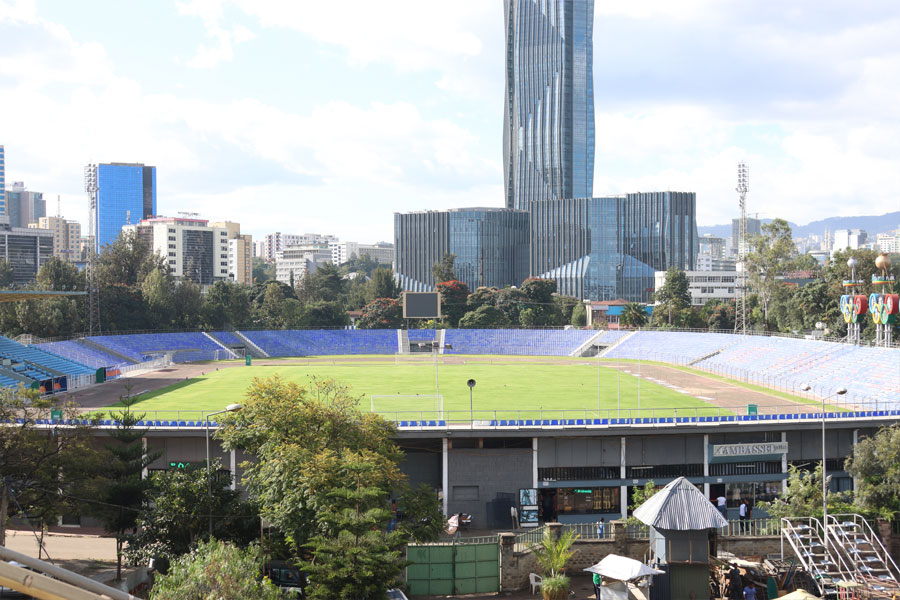
Agenda | Oct 27,2024
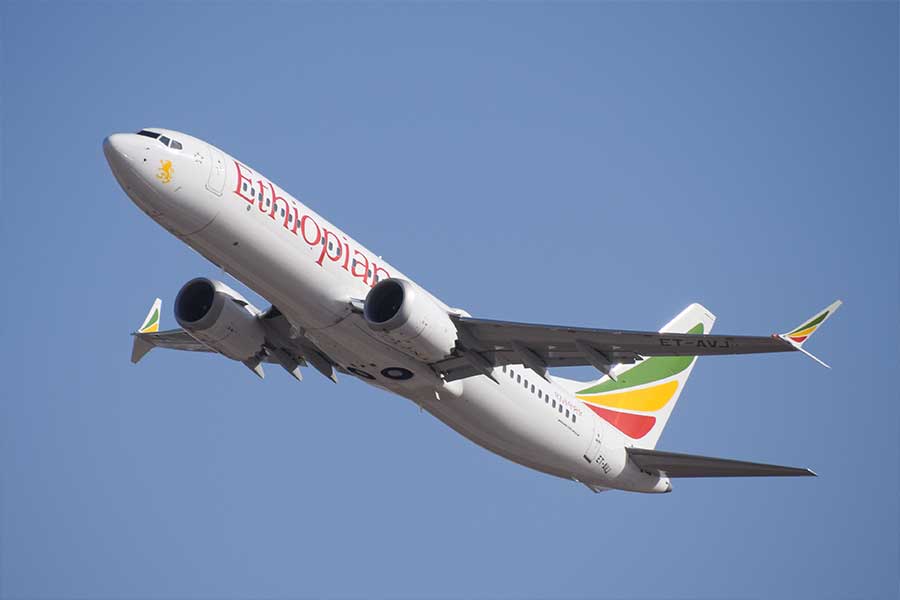
Featured | Sep 06,2020

Commentaries | Feb 19,2022
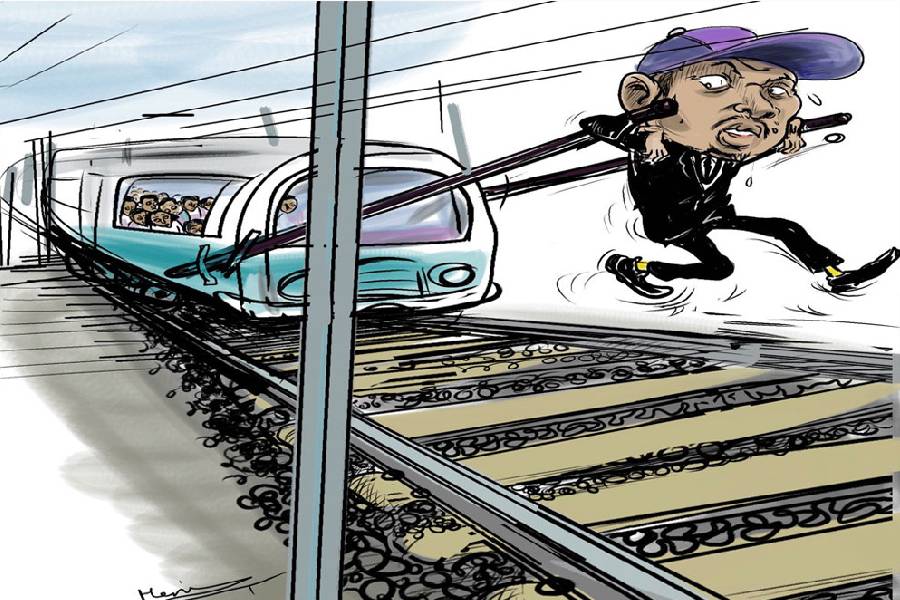
Editorial | Aug 25,2024
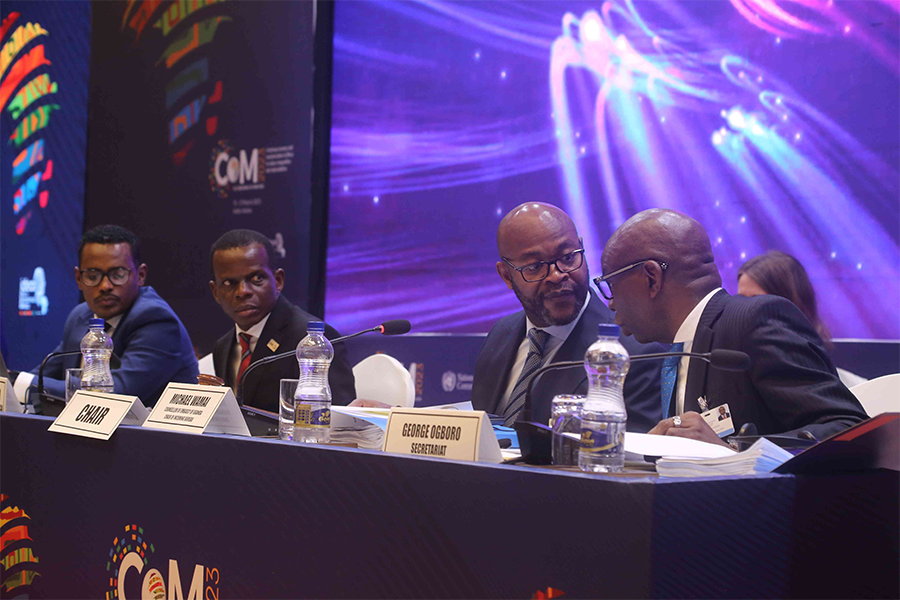
Radar | Mar 18,2023

Radar | Mar 18,2023

Commentaries | Feb 23,2019

My Opinion | Mar 02,2019

Dec 22 , 2024 . By TIZITA SHEWAFERAW
Charged with transforming colossal state-owned enterprises into modern and competitiv...

Aug 18 , 2024 . By AKSAH ITALO
Although predictable Yonas Zerihun's job in the ride-hailing service is not immune to...

Jul 28 , 2024 . By TIZITA SHEWAFERAW
Unhabitual, perhaps too many, Samuel Gebreyohannes, 38, used to occasionally enjoy a couple of beers at breakfast. However, he recently swit...

Jul 13 , 2024 . By AKSAH ITALO
Investors who rely on tractors, trucks, and field vehicles for commuting, transporting commodities, and f...

Jul 12 , 2025
Political leaders and their policy advisors often promise great leaps forward, yet th...

Jul 5 , 2025
Six years ago, Ethiopia was the darling of international liberal commentators. A year...

Jun 28 , 2025
Meseret Damtie, the assertive auditor general, has never been shy about naming names...

Jun 21 , 2025
A well-worn adage says, “Budget is not destiny, but it is direction.” Examining t...